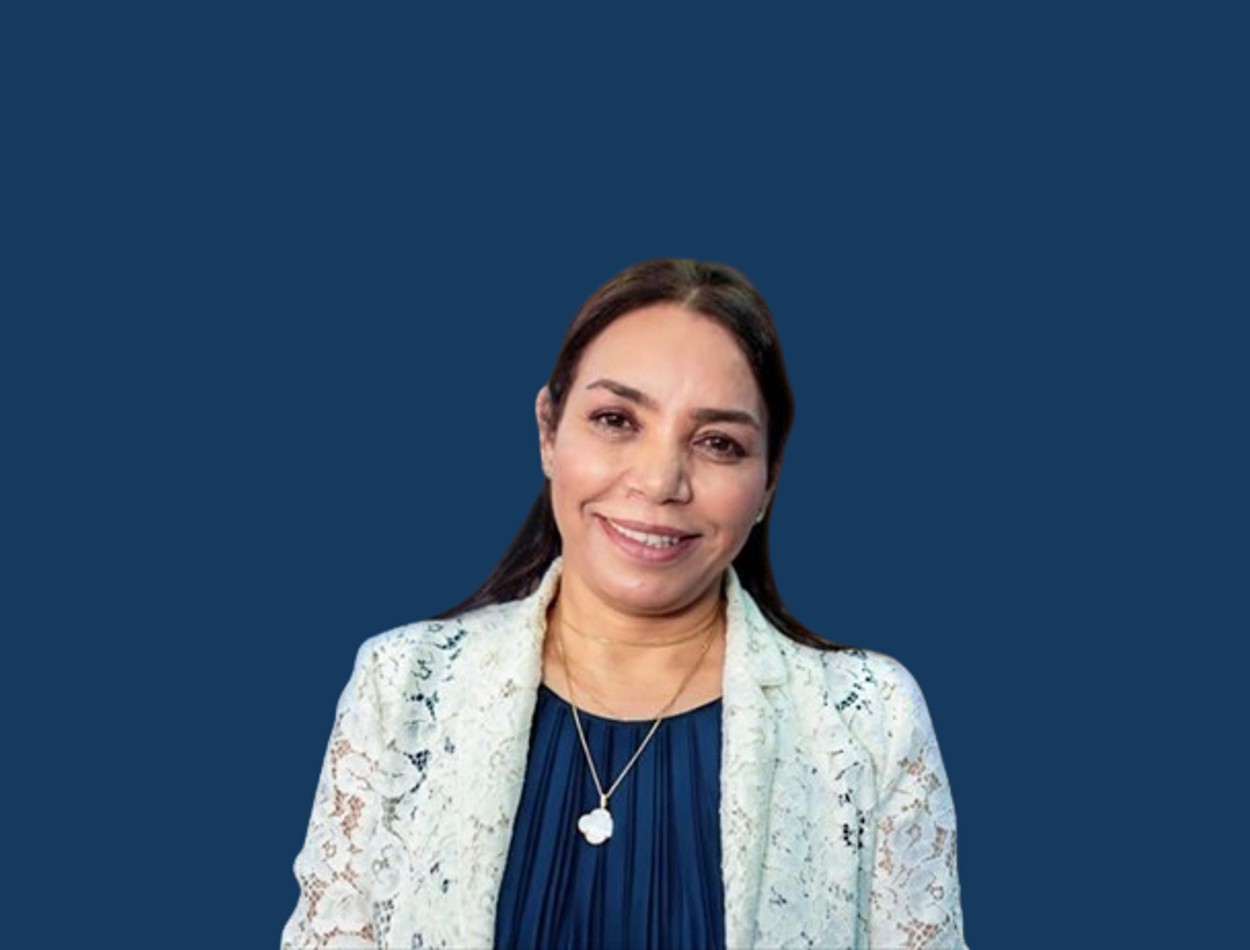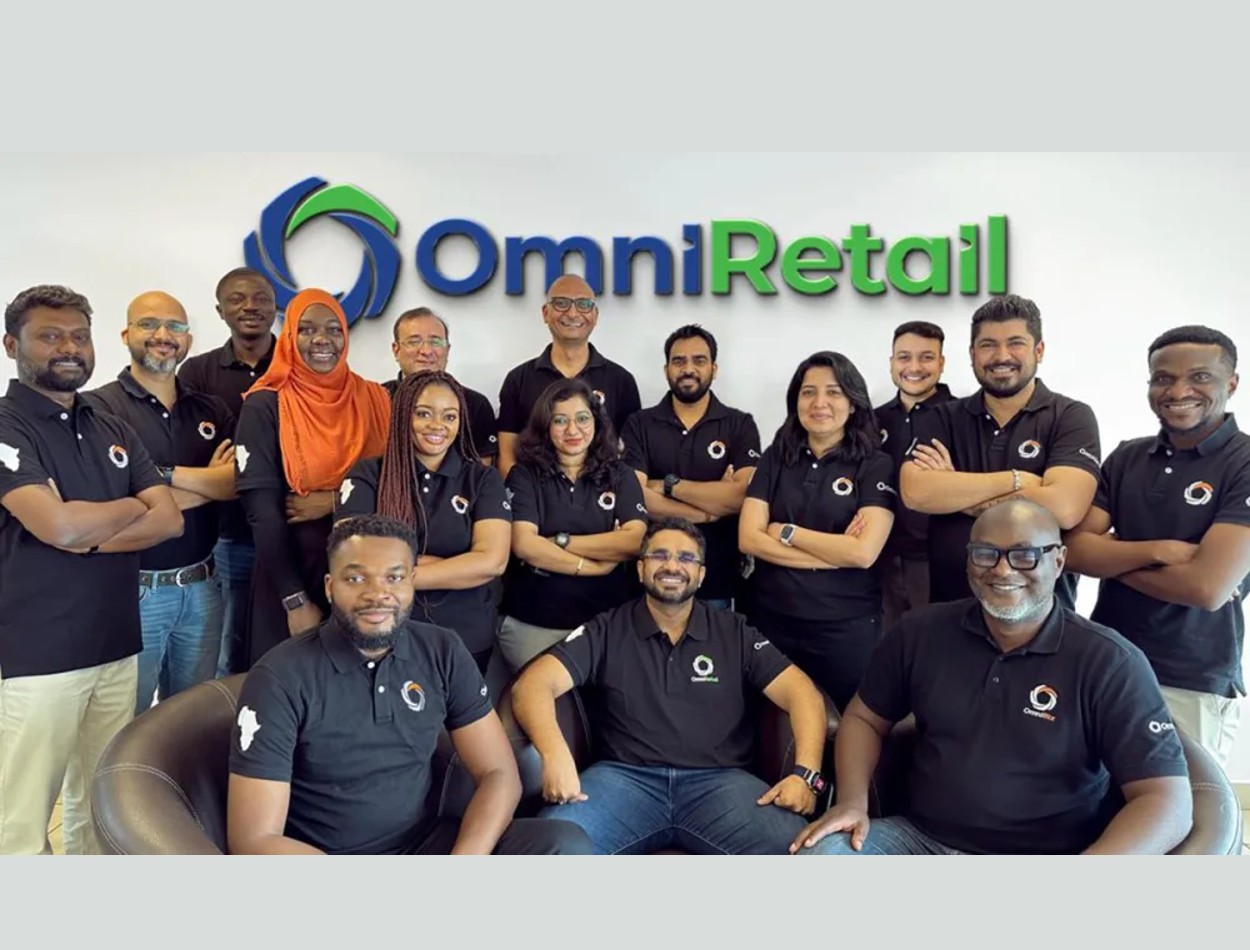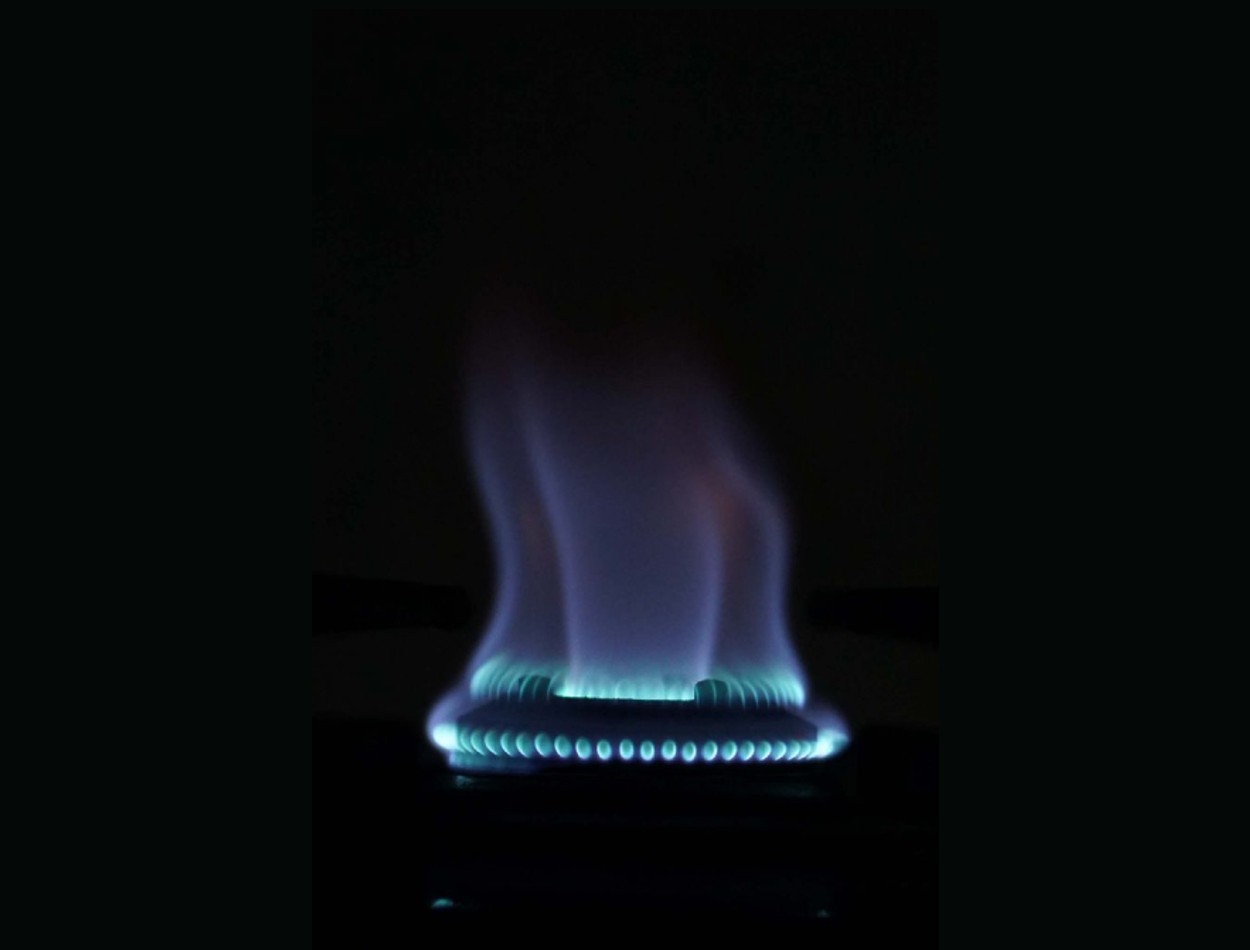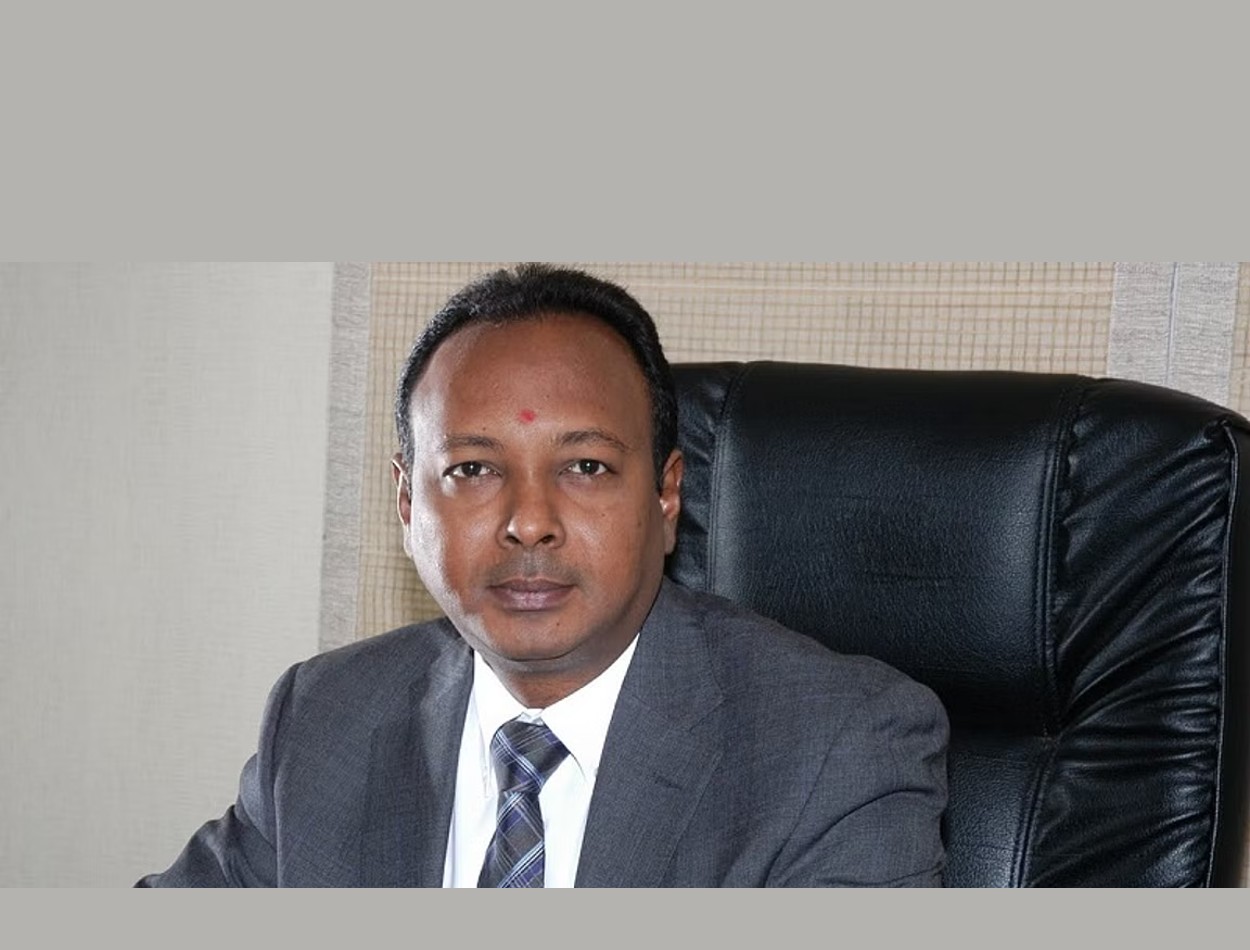The unveiling of Forbes Middle East’s “Top CEOs” for the year 2023 shone the spotlight on exceptional leaders in the business world. On the list, Jalila Mezni stands out as an outstanding Tunisian CEO, impacting the Tunisian economy and other surrounding countries.
Jalila Mezni co-founded the company, Society of Hygienic Articles (SAH). SAH, listed on the Tunis Stock Exchange, is a company that manufactures hygienic products.
Search the shelves of most North African supermarkets for a bag of nappies, a roll of toilet paper, or a pack of sanitary towels. You won’t miss to see the name Lilas, the brand of Tunisia’s Sociéte d’Articles Hygiéniques (SAH).
How did the Tunisian woman rise to become one of the most influential women in the Arab world? You might wonder. Here is the story of the woman who rose to the ladder of the Arab entrepreneurship world.
Contents
Jalila, the banker
The business mogul, Jalila Mezni, hails from Radès, a southern suburb of Tunis. She started her professional career in the banking sector before venturing into entrepreneurship.
In 1994, together with her partner, Mounir El Jaiez (former footballer), Jalila Mezni cofounded the Sociéte d’Articles Hygiéniques (SAH). At only 26 years old, she quit her job in the banking sector to focus on Lilas – SAH Group.
Within two years of production, SAH had captured 50% of the Tunisian market for hygiene products.
In 2009, she expanded the company to form Azur Papier, entering production in April 2013. Azur Papier was to ensure the supply of cellulose wadding for the SAH group, allowing the group to strengthen its independence in terms of paper.
In 2017, Mezni cofounded Azur Detergents, producing different types of liquid and powder for washing machines. In the same year, 2017, Jalila became the main shareholder (67% of the capital) of the SAH-Lilas group.
In 2020, she became the president of the board of directors of the group. Currently, the SAH group is present in over 20 countries across the Middle East, Africa, and France.
Among its subsidiaries are SAH Morocco, SAH Algeria, Azur Papier, and Azur Détergent. The group reported revenues of $138.5 million in the first half of 2023.

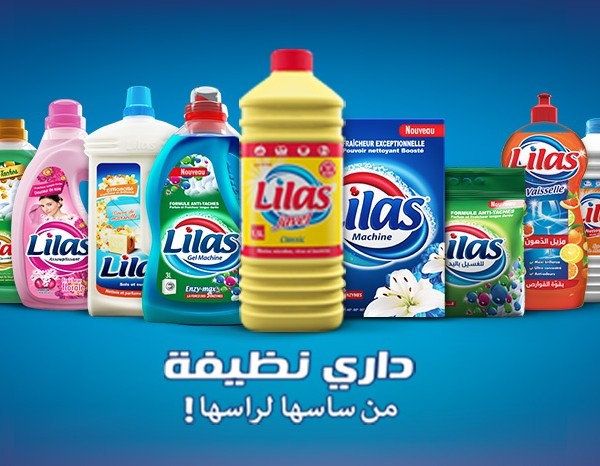
Achievements of SAH Group
Sociéte d’Articles Hygiéniques (SAH) was listed on the Tunis Stock Exchange in 2014. By 2020, the company had employed over 4,500 people and had expanded in 20 African countries. In a country with an almost 18% unemployment rate, SAH has enhanced the opportunities of various individuals.
The Lilas brand has become a household name in Tunisia, outperforming brands owned by global players like Procter and Gamble. In detergents, SAH has taken over multinational consumer goods companies like Unilever, Reckitt Benckiser, and Henkel.
In 2008, SAH settled on an investment from Emerging Capital Partners (ECP). ECP is a private equity firm with investments totaling over $1.8 billion across Africa. With SAH, ECP brought a $47 million investment, acquiring 49% of the company’s shares.
After the ECP investment, the company’s turnover increased by 57 percent, and the company launched a manufacturing plant in Algeria in 2010.
Today, Lilas claims over 45% share of the market for feminine care products and diapers. The group has several other subsidiaries, including SAH Algeria, SAH Libya, SAH Morocco, Azur Paper, SAH Ivory Coast, and SAH Senegal.
Initially established in towns distant from the capital Tunis, they gradually gained market share in both the north and south of the country through large-scale marketing campaigns.
Nowadays SAH is one of the fastest growing groups in the Tunisian market and the country’s leading manufacturer of hygiene products. SAH- Lilas has also emerged as the leading independent FMCG manufacturer in French-speaking Africa.
Beyond Entrepreneurship
Philanthropic Works
In March 2018, Jalila Mezni invested in the educational center creating two private educational establishments – the Tunisian International School, Ezzahra, and the Tunisian International School, El Menzah.
Awards and recognitions
In 2015, Jalila Mezni was ranked by Forbes among the most influential women in the Arab world.
In 2020, she emerged in the 37th position of the Forbes Middle East 2020 ranking of the 100 most influential women in the Middle East.
In March 2021, she was once again ranked by Forbes Middle East, among the “Top CEOs of MENA.”
She became the first woman in Tunisia – and the only one – to appear in the ranking of the highest salaries with a gross remuneration of 574,462 dinars (or approximately 182,000 euros).
Jalila is conquering the entrepreneurship world, with more than just hygienic products but with strategic management and leadership skills. She is among the few Tunisian women recognized across the continent. Should the rest of the world watch her steps?

